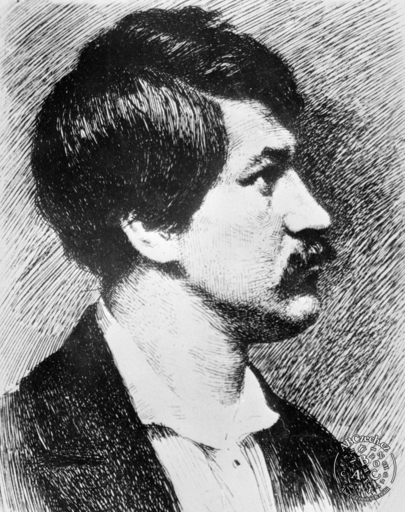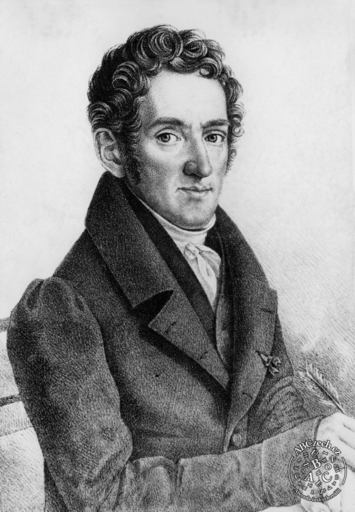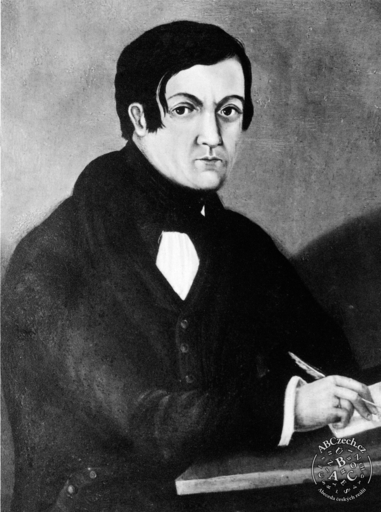
Poet, journalist, politician and author or epigrams, founder of Czech journalism and literary criticism. He was highly respected by his contemporaries. His work is not extensive, but still important in spite of its apparent one-sidedness.

Poet of the National Revival, translator and publisher of Czech and Slavonic folklore poems and proverbs. He emphasized the importance of oral tradition, which he put into the context of European culture.

A long poem by Ján Kollár in which he emphasised his opinions about Pan-Slavism.

A prolific dramatist whose works are a part of the foundations of Czech drama. His plays were inspired by popular literature and German pre-Romantic dramaturgy. He was also an actor, director and organiser of amateur theatre.

Literary forgeries that were claimed to contain records of the first Czech oral literature. The texts represent important works of poetry of the Czech National Revival.

Cultural institution at the Czech Museum, founded by a group of patriots from the initiative by František Palacký. It was created for the purpose of publishing and disseminating Czech professional literature, later also fiction.

Czech writer, regarded as the founder of modern Czech prose. Her narratives captivated several generations of readers. Her portrait features on the 500 crown bank note.

Dramatist, translator and theatre director who shaped the national revivalist theatre in the first half of the 19th century.

Playwright, director, actor, translator, writer and journalist who devoted virtually his entire life to theatre. After 1918, the poem Where is my home? (Kde domov můj?) became a part of the national anthem.
2016-2020 ABCzech.cz - © Filozofická fakulta Univerzity Karlovy
Content from this website may be used without permission only for personal and non-commercial purposes and with the source cited. Any other use is allowed only with the authors' consent.
This web application Sonic.cgi meets GDPR requirements. Current information can be found here.